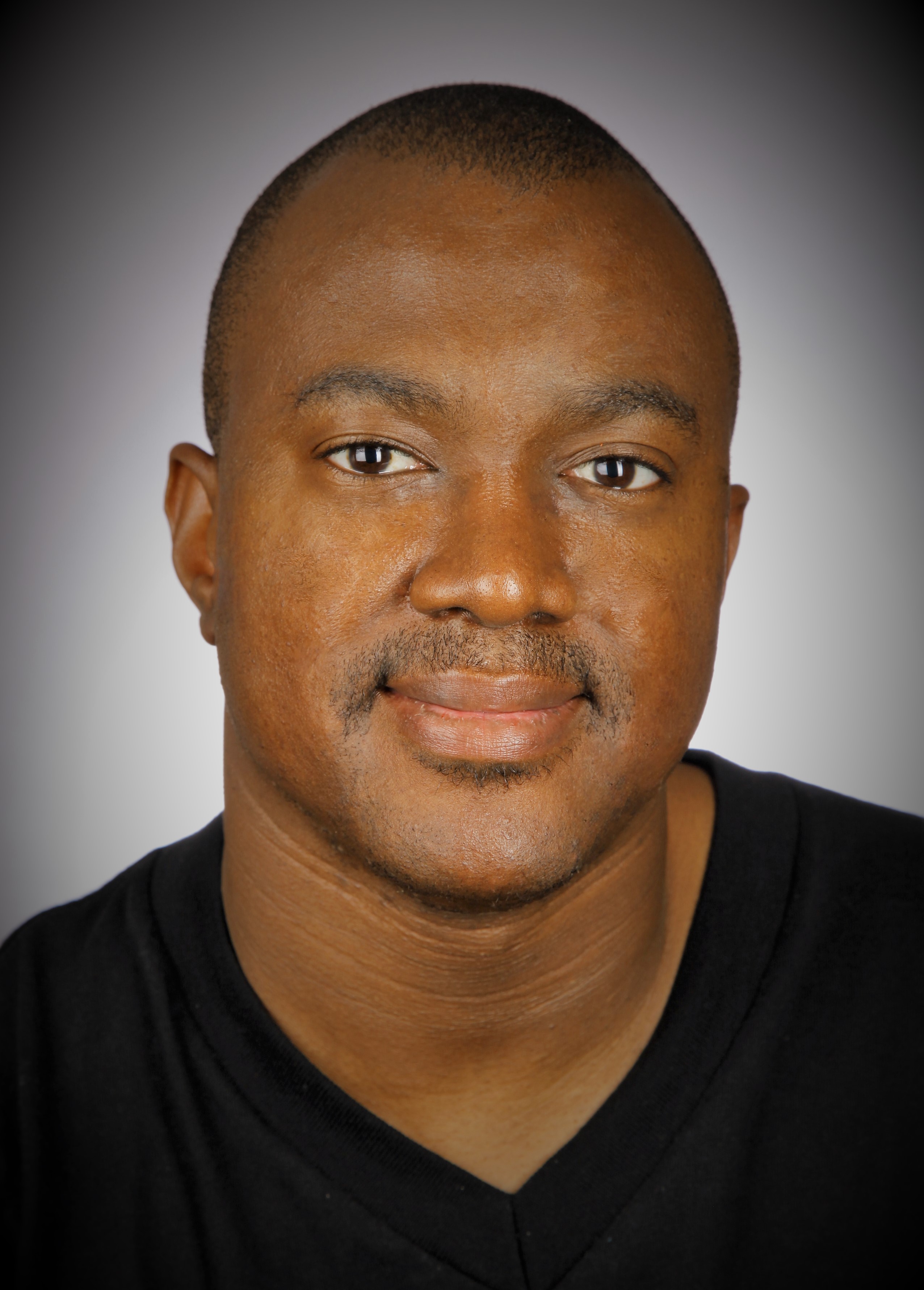After hiring a ghostwriter last year to pen a young adult dystopian novel, Rebels: City of Indra, with her sister Kylie, Kendall Jenner appears ready to take on journalism with the Wall Street Journal. Of course, I can hardly attest to the fact that Kendall’s writing talents are sub-par, since I never actually read the book (who did?). But whether or not she wrote the WSJ piece herself, her input still comprised of a painfully dull, and Kardashian-Jenner-classic, contribution.
For the February issue of the magazine, WSJ focused on the topic of youth—what is it, what does it mean, and how does it affect today’s society. Six chosen “luminaries” of youth gave a short weigh-in on their views: Tim Howard, Goldie Hawn, Jeffrey Jensen Arnett, Dr. Frederic Brandt, Maira Kalman, and Kendall Jenner.
For the February issue of the magazine, WSJ focused on the topic of youth—what is it, what does it mean, and how does it affect today’s society. Six chosen “luminaries” of youth gave a short weigh-in on their views: Tim Howard, Goldie Hawn, Jeffrey Jensen Arnett, Dr. Frederic Brandt, Maira Kalman, and Kendall Jenner.
Apart from Jenner, the luminaries discussed the changes they felt as they grew older, and the experiences they carried from their youth through age. Howard discussed his maturity as he embraced his challenging role as goalkeeper for the U.S. men’s soccer team in the 2010 and 2014 World Cups, noting that “You get more experience, you take fewer risks, you understand the nuances.”
Hawn recalled the child-like associations of her acting career, pretending to be someone else, until she realized the importance of growing older and learning through time. She explained that the worst thing would be to live forever, since “finding love and getting older and sharing the stages of life as we move through them is probably the most important thing we can learn to do.”
Kalman and Brandt both agreed that many people try to hold on to youth in a positive way—for a boost of confidence or a reminder to enjoy an individual freedom. Kalman, as an author of children’s books, indulged “there is no expectation to be correct. To be able to be wrong is such an incredible gift and luxury.” Brandt, a dermatologist and founder of Dr. Brandt Skincare, added his belief that “there’s a psychological aspect to feeling youthful and good about yourself.”
Interestingly, Arnett addressed the youth of Jenner’s generation—“emerging adults” between the ages eighteen and twenty-nine, and the struggles faced by members of this group. “Young people are now required to have an awful lot of self-discipline and motivation,” the psychology professor declared. “There can be a depression that comes from that individualism, having to make these decisions by yourself. People are on their own more than at any other time of life.” Arnett thoughtfully concluded his piece by mentioning the focus of social media for such “emerging adults,” and the possibly ignored positive impacts it has. “One thing that counters this is they get so much support from social media now, which they’re sometimes criticized for,” he wrote. “But I think older folks miss that it’s a crucial form of support when you might not have anyone else in the room.”
Finally, given the chance to assert her own views on youth, alongside such prominent figures, Jenner managed to disappoint. She carped about her rapid “maturity” as part of the Kardashian-Jenner family, stating that she was thrust into the working world from a young age. “I feel like I grew up too fast a long time ago. Having older siblings, you grow up around adults, so you mature more quickly,” she began. “I saw my sisters and parents working every day, so I was pretty much brought up to be a workaholic.”
Understandably, Jenner was only eleven years old when thrown into the spotlight of the reality show, Keeping Up With the Kardashians, although I would hardly categorize the show as a job, or “work.” But it wasn't Jenner’s reference to her maturity or hard work that was so exasperating in her writing—it was her reference to her social media spotlighted family.
While her association with the reality show and the Kardashian “clan” obviously brought her fame, I imagine Jenner was chosen as a luminary for other reasons. After walking her first fashion week runway in February 2014, she since became the new face of Estée Lauder, booked a campaign with Marc Jacobs, and continued to walk for high-end designers like Chanel, Dolce & Gabbana, Diane von Furstenberg, Tommy Hilfiger, Balmain and Givenchy—an amazing feat for a young, fresh model barely a couple years into the profession. Jenner’s successful career as a model is clear: she has the look, the talent, and the commitment. Maybe her family’s name helped her gain an entryway into the business, but Jenner made a name for herself as a model through her own doing. If any of the Kardashian-Jenner family can break free from the reality show business and succeed in another career, it’s Jenner.
So despite an initial irritation at her selection to contribute to the WSJ, I can understand her label as a youthful luminary. These six individuals are regarded as influencing others, or standing out in a particular area. Jenner certainly does that. But then she should have written about her experience as a youth model, not part of the Kardashian-Jenner group. If Jenner had given an opinion of the challenges she faced as she became the spokeswoman of Estée Lauder as a nineteen-year-old, or perhaps the mature responsibilities she had to take on so quickly, her piece may have been much more laudable. Instead, she wrote, “My sister Khloe always says to me and my younger sister, Kylie: You have your whole life to be an adult but only so long to be a kid.” Well, that’s great. But WSJ wanted to know what you think Kendall--not Khloe and Kylie.

































lol you nailed this attitude!
ReplyDelete